Keywords: Sting
There are more than 24 results, only the first 24 are displayed here.
Become a subscriber for more search results.
-
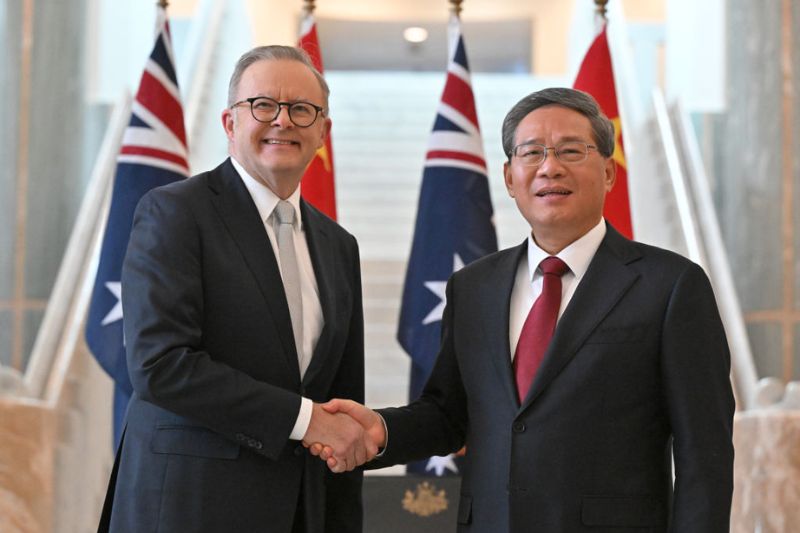
INTERNATIONAL
- Jeremy Clarke
- 19 June 2024
3 Comments
In a significant thaw in Sino-Australian relations, Premier Li Qiang's visit to Canberra brought strategic agreements on education, climate change, and trade, and the promise of new pandas for Adelaide Zoo. Prime Minister Albanese emphasised cooperation and dialogue over confrontation, contrasting with the hawkish rhetoric of domestic critics.
READ MORE
-
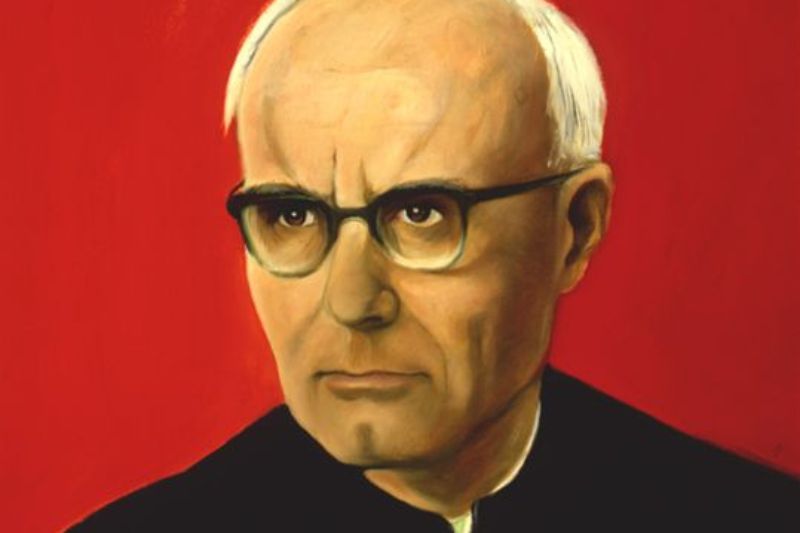
RELIGION
- John Honner
- 02 April 2024
15 Comments
Karl Rahner, a Jesuit priest whose ideas helped modernize the Church, left an indelible legacy on contemporary Catholicism. On the 40th anniversary of his death, what can a flower left at his niche tell us about the lasting bonds between belief, memory, and the enduring search for human connection?
READ MORE
-
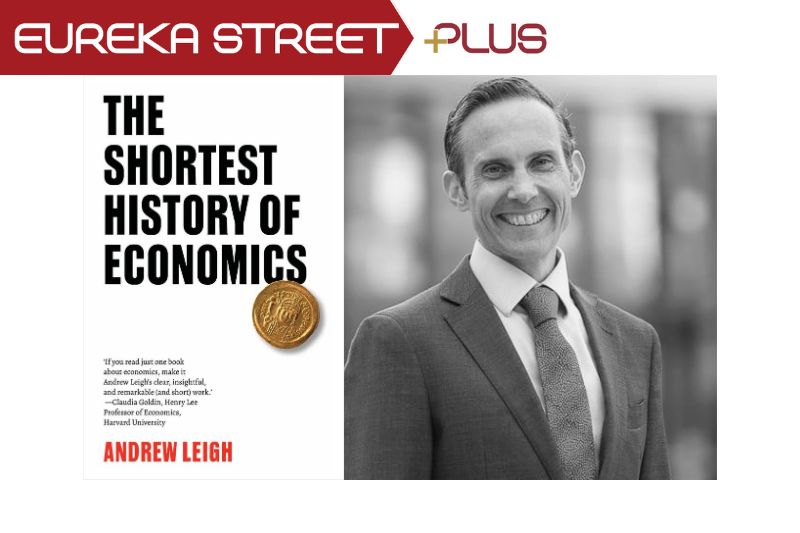
ECONOMICS
- David James
- 22 March 2024
Economics may be useless for forecasting, and its assertions can be overly simplistic. But it is a language that should be understood, and here is a good place to start. In simple and clear prose, Leigh spans the history of human economic activity, beginning in prehistoric times and ending with the modern day.
READ MORE 
-
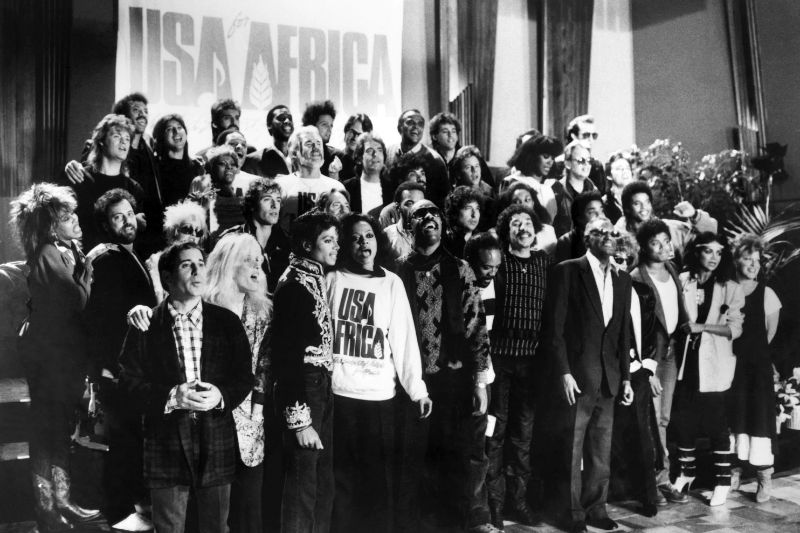
ARTS AND CULTURE
- Barry Divola
- 06 March 2024
A documentary about the making of 1985’s We Are The World holds many surprises, while raising questions about charity singles. These stars were rich and privileged and largely out of touch with how most of the public lived. But at least they were using their fame for something good, and wasn’t that something to be encouraged?
READ MORE
-
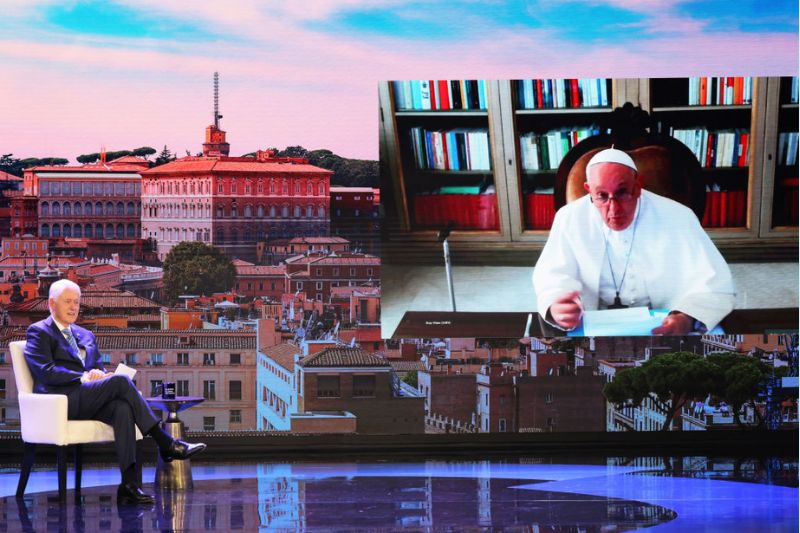
ENVIRONMENT
- Stephen Minas
- 07 February 2024
Recently Pope Francis’ approach is to speak in direct – sometimes blunt – terms about the shortcomings of climate action in recent years, suggesting that we need a system of climate justice that is not built on the backs of the poor.
READ MORE
-
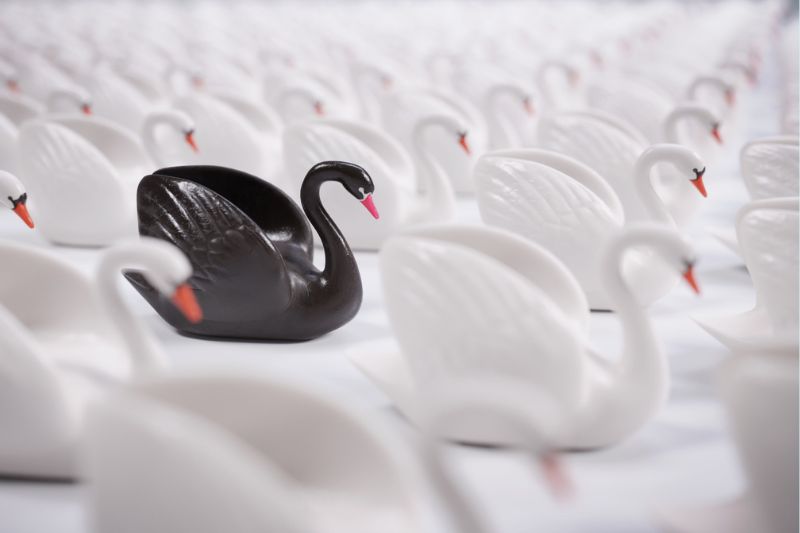
AUSTRALIA
- Max Jeganathan
- 24 January 2024
2 Comments
Even the best forecasting gets it wrong, and every year has its own 'Black Swan' events, characterised by their unpredictability and impact. They remind us that the future is unpredictable, perpetually lurching between prediction and confusion.
READ MORE
-
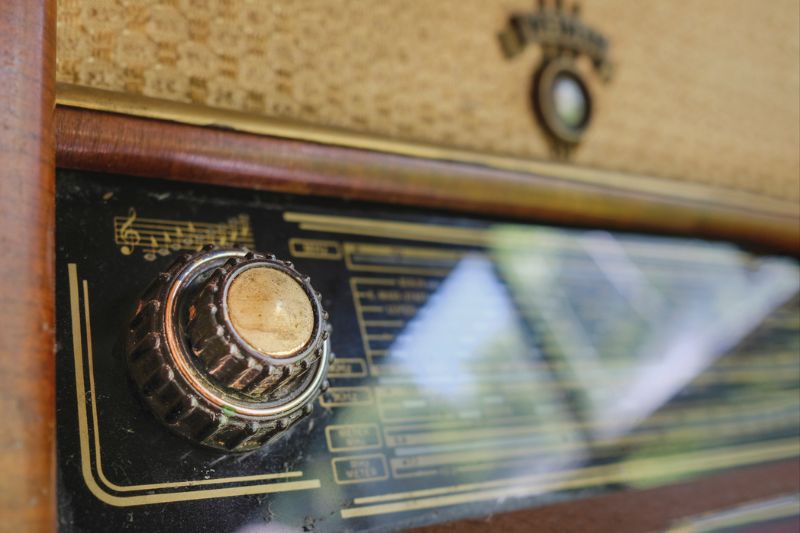
MEDIA
- Gillian Bouras
- 18 January 2024
6 Comments
Once upon a time it was fairly easy to distinguish fact from fiction, but now journalists in particular regularly merge the two. We are now forced to cope with notions such as alternative facts and the post-truth era. I, for one, cope badly with both, with this twisting of what I would like to be an essential and straightforward matter.
READ MORE
-
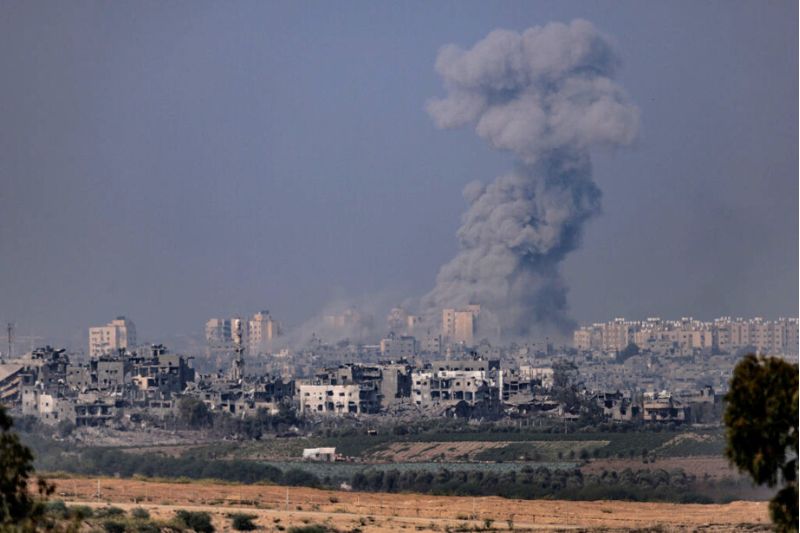
AUSTRALIA
- Andrew Hamilton
- 04 January 2024
2 Comments
In the war between Israel and Hamas it's essential to look beyond the simplistic dichotomies of good versus evil, exploring how historical, cultural, and political nuances shape the landscape of this enduring conflict. In a world quick to take sides, there's a need for deep understanding, underscoring the importance of balanced perspectives in seeking lasting peace and justice in a region torn by decades of strife.
READ MORE
-
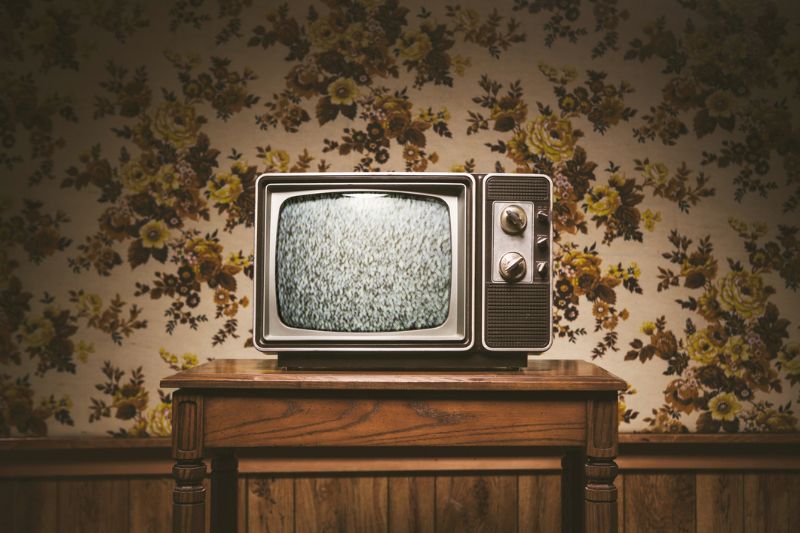
AUSTRALIA
- Juliette Hughes
- 20 December 2023
It’s becoming an age of Endarkenment. Was it ever thus? So many going mad with one half of the facts? Moved by ignorance and targeted misinformation, compassion becomes corrupted into a rage for vengeance, and our streets heave with mobs who chant hate. It’s made me worried and sad. But I won’t give up on Christmas.
READ MORE
-
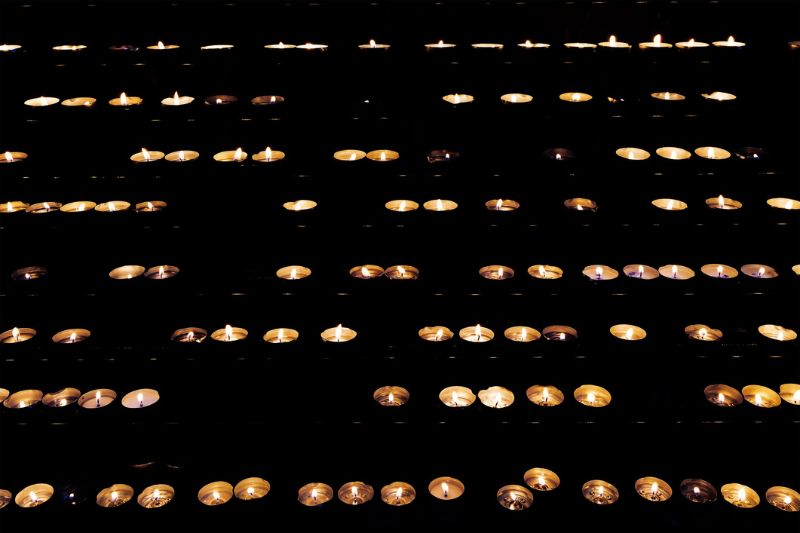
ARTS AND CULTURE
- Warwick McFadyen
- 12 December 2023
In the gathering days to year’s end, a phrase will rise – as it does every year: Peace on Earth, goodwill to all. The phrase carries a warmth of common humanity. Unfortunately, common humanity has shown itself through history to be rather tribal than universal.
READ MORE
-
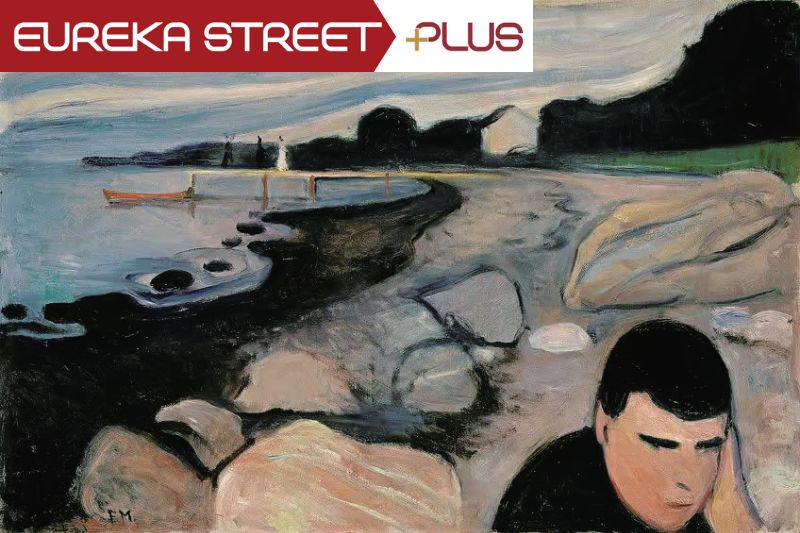
AUSTRALIA
- Andrew Hamilton
- 29 November 2023
4 Comments
Sometimes the darkness of the world, not to mention of our personal lives, can overwhelm us. When we hear of children killed unrepentantly, for example, human rights routinely denied, the cooking of the world locked in, and nations entrusting power to wilful children. How do you deal with such a dark vision?
READ MORE 
-
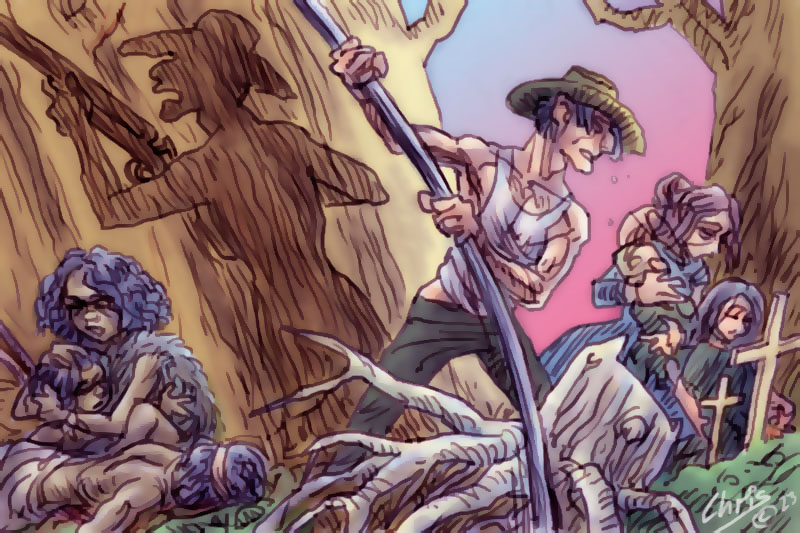
AUSTRALIA
- Barry Gittins
- 16 November 2023
6 Comments
How should our nation reckon with its colonial history and its lasting impact on contemporary society? From the stark realities of early settlement to the enduring legacies of injustice towards Indigenous peoples, this piece explores what it means for a country to grapple with its identity amidst a backdrop of change.
READ MORE